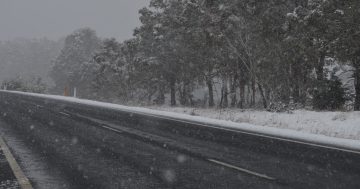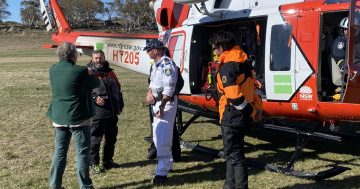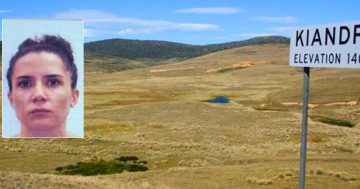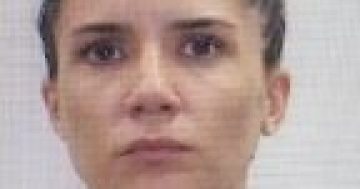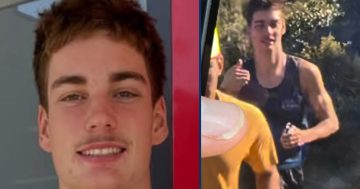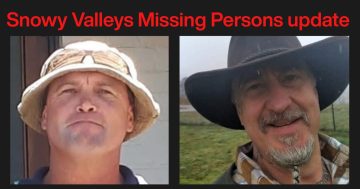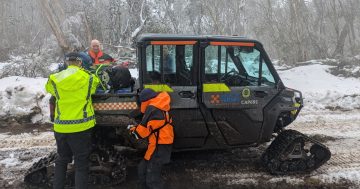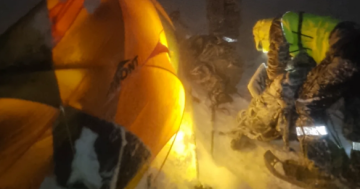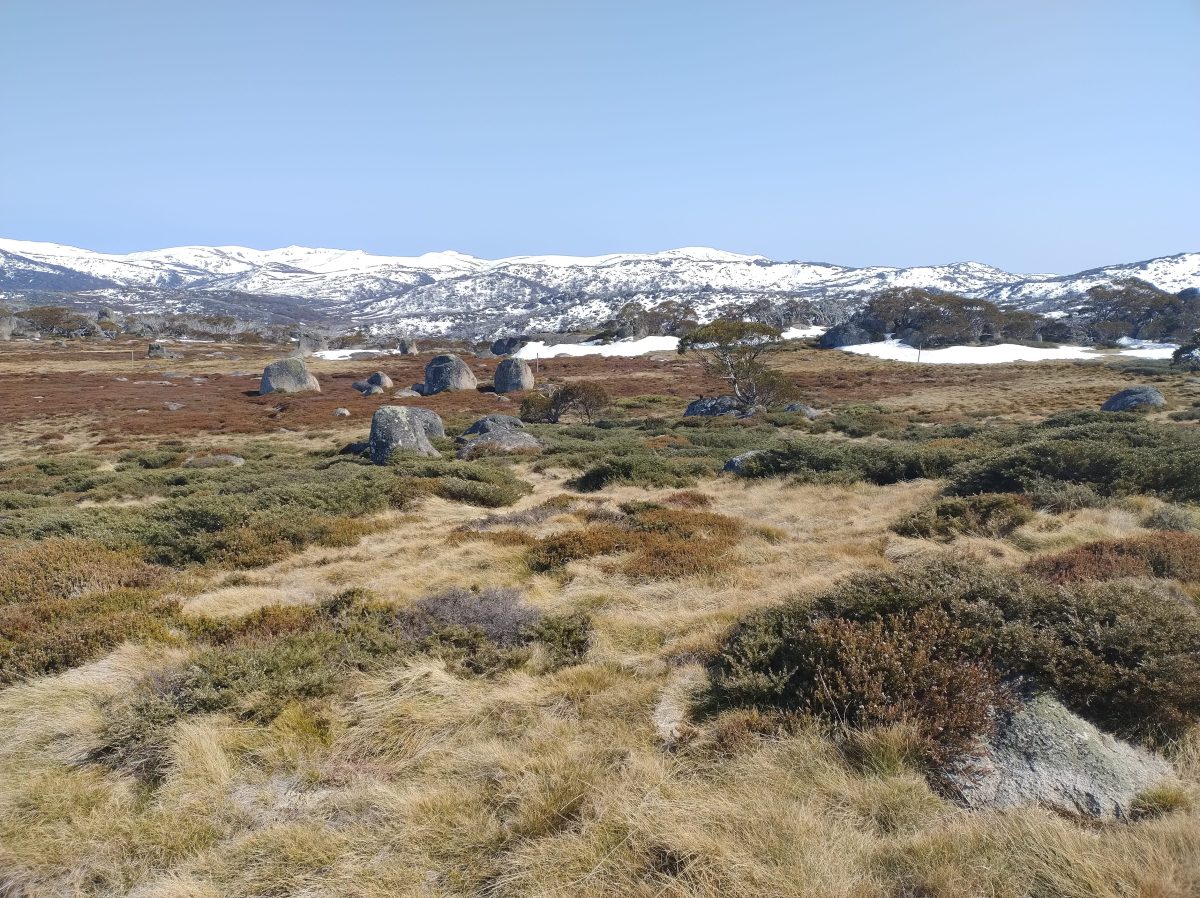
Canberra’s Andrew Seton died while skiing in the Kosciuszko National Park in 2022 when aged just 24. Photo: Albert McKnight.
A backcountry skier who died in the Snowy Mountains should have been recorded as a missing person as soon as his family raised their concerns with police and the search for him should have started earlier, a coroner has found.
Andrew Keith Seton died on 3 September 2022 after an accidental fall while skiing alone in Kosciuszko National Park, a NSW inquest found last week.
The 24-year-old died from multiple injuries he received shortly after he fell at Watsons Crags, a remote area northwest of Perisher, and his body was not found for two days.
Coroner Teresa O’Sullivan said concerns were raised about the police response to the initial report about Mr Seton and their following communications with his family.
She found Mr Seton should have been recorded as a missing person as soon as his mother contacted police with her concerns on the night of 3 September 2022.
This would have made a difference, partly as it would have meant police would have had to perform a risk assessment. If this had been done, Mr Seton would have met the criteria for “high risk”, and an immediate search and rescue response would have been required.
“I find that that initial police response to the report was not adequate and further find that a search and rescue operation should have commenced earlier,” Coroner O’Sullivan said.
She also found there was a delay in launching a helicopter as part of the search and said the search should have begun at first light on 4 September.
The Commander of the Monaro Police District, Superintendent John Klepczarek, said his district responded to about 130 calls for missing persons or concerns for welfare every year; of these, about 20 required a coordinated police response.
“Superintendent Klepczarek acknowledged that victim and family support could have been more appropriately managed at that time and conceded that the inclusion of Andrew’s family could have been better,” Coroner O’Sullivan said.
The district now has a family liaison officer to assist with victim support and be a point of contact for families, which was not available in 2022.
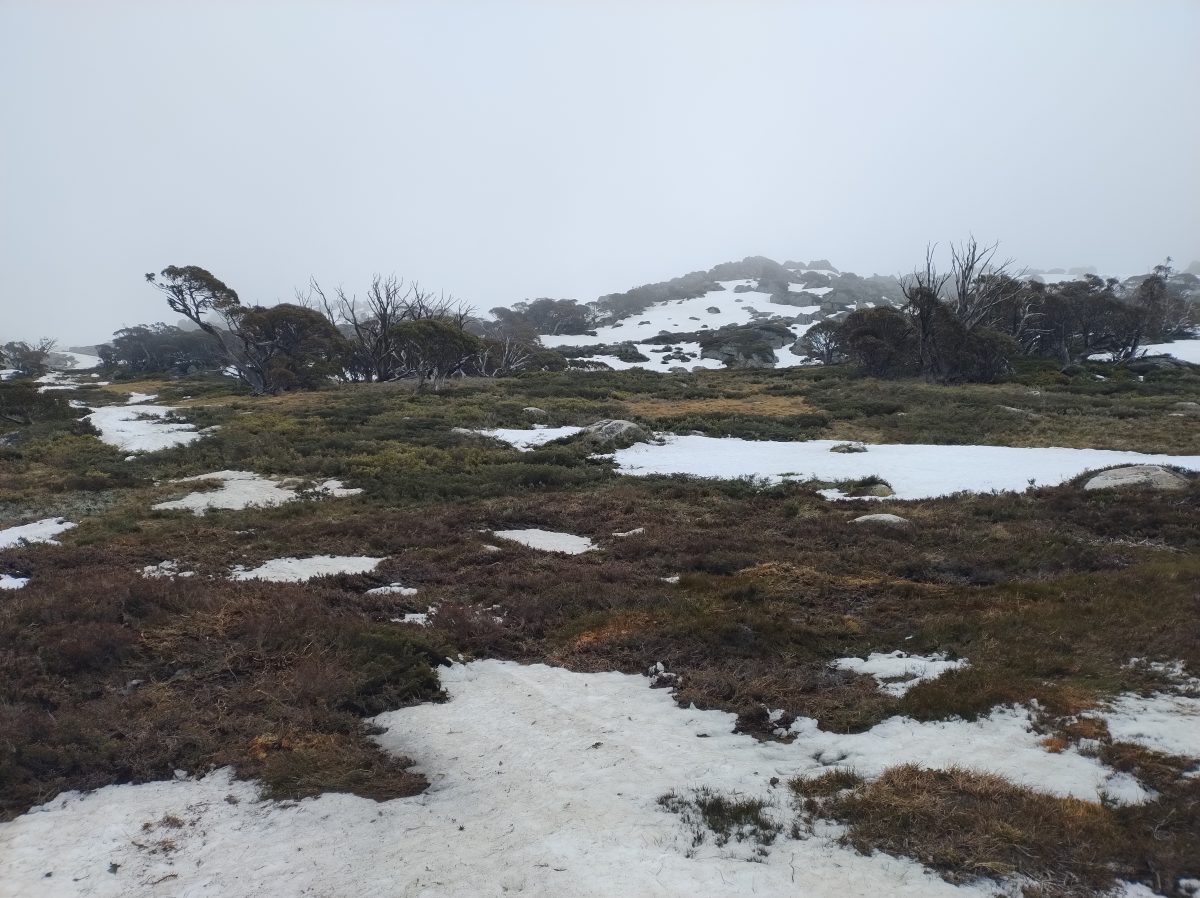
Andrew Seton had been skiing alone in the Snowy Mountains when he fell. Photo: Albert McKnight
When the inquest into Mr Seton’s death began earlier this year, the court heard he drove from his home in Downer, ACT, to Jindabyne to go skiing in the backcountry of the national park on 2 September 2022. He spent the night in his car before setting out alone the next morning.
He was last seen by other skiers at 11 am at Watsons Crags. When he didn’t call his mother at the end of the day, she became worried and contacted police, telling them he always called her when he finished skiing and had a personal locator beacon that hadn’t been activated.
While officers found Mr Seton’s car at Guthega at 11 pm without any ski gear inside it, police didn’t begin an emergency response or make a missing persons report.
Instead, they conducted enquiries to find him on 4 September, then escalated the search late that afternoon. A rescue helicopter flew over Watsons Crags in the evening.
The search began in earnest on 5 September and Mr Seton’s body was found on a rock down a slope at Watsons Crags at about 3 pm. His body was not recovered until about 24 hours later due to the difficult conditions.
Coroner O’Sullivan said it was likely Mr Seton tried to ski down a run, lost control due to the snow conditions and fell uncontrollably for some distance. It’s possible his injuries were instantly fatal.
The coroner commended the work of the search and rescue officers who helped retrieve his body.
“It is evident that the officers went to great lengths and put themselves in great personal danger to retrieve Andrew and return him to his loved ones,” she said.
“His family and friends remember and miss Andrew every day as the beautiful, caring, adventurous and smart son, brother, grandson, nephew, cousin and friend he was.”
Coroner O’Sullivan made three recommendations for NSW Police, including to consider whether further training was required regarding the need to advise members of the public to report a missing person at a police station.
She also recommended that services continue to liaise regarding efforts to promote the use of trip intention forms when entering backcountry areas.
“I strongly encourage members of the public to complete a trip intention form if planning to ski the backcountry or at the very least inform someone, in detail, where you plan to ski and when you are safe – that is, have a process of informing someone where you are and when you have safely returned,” she said.
Original Article published by Albert McKnight on Riotact.







